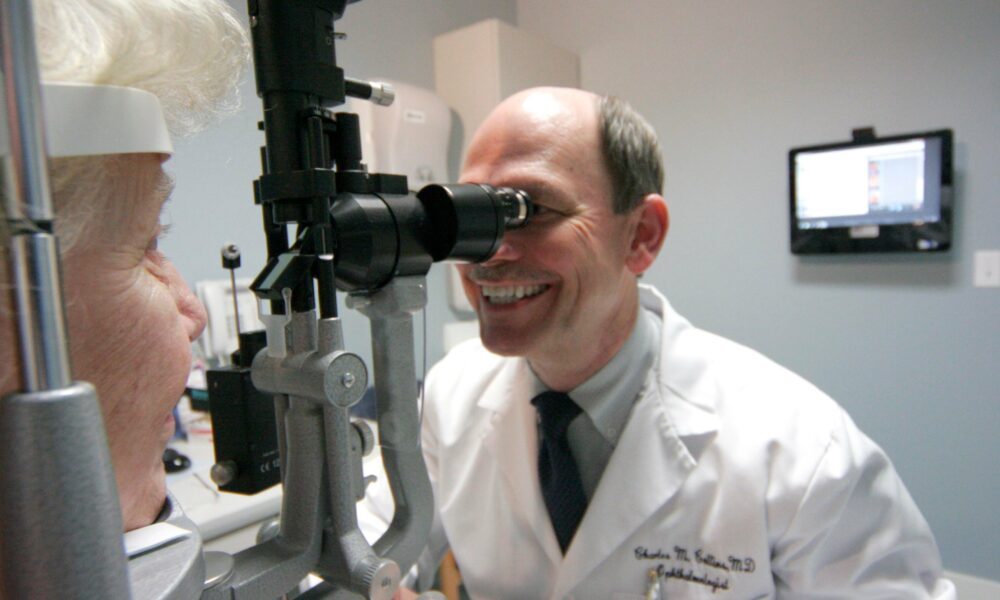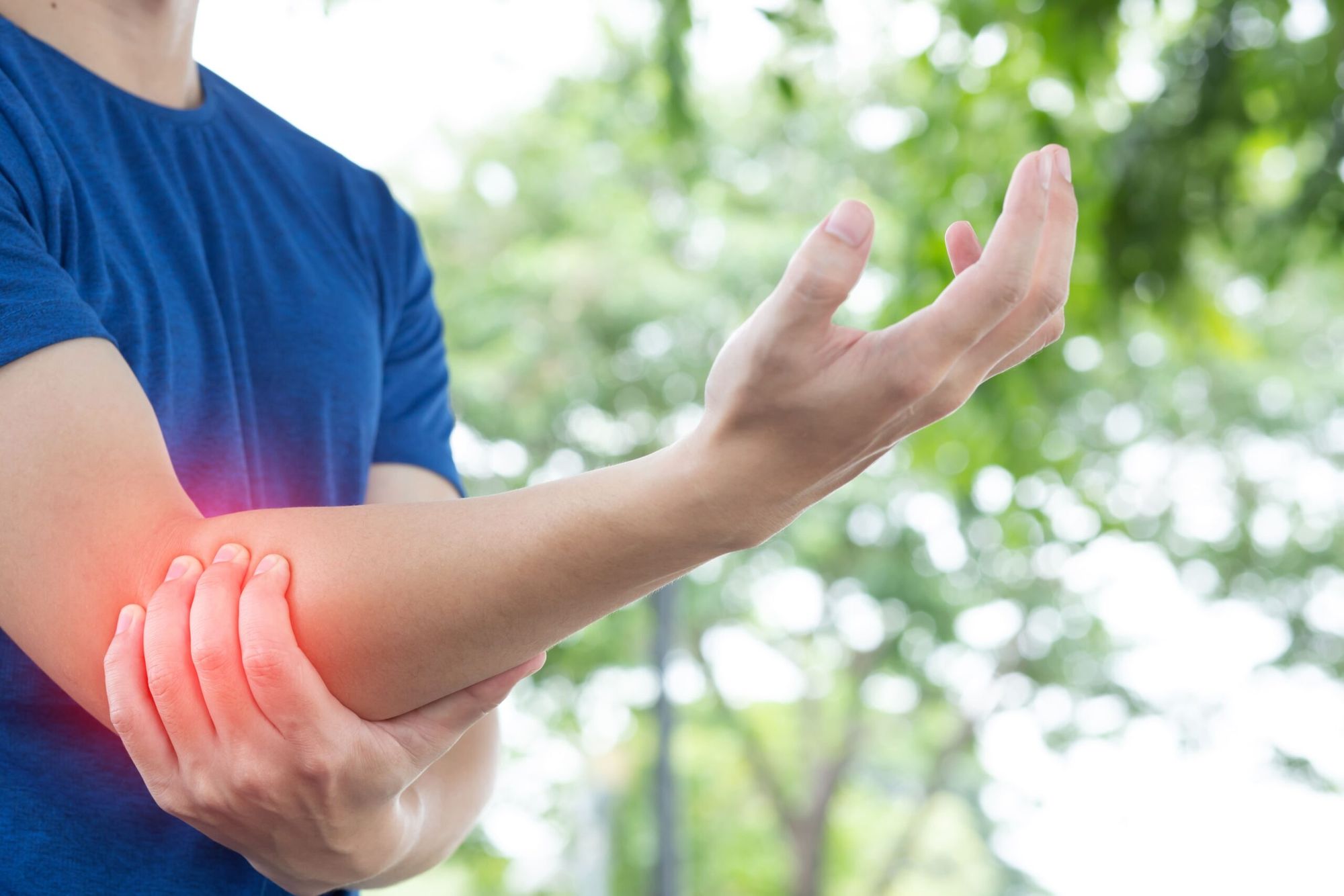When the World Health Organization declared a pandemic in the early months of 2020, countries around the globe implemented lockdown and quarantine mandates and social distancing protocols to prevent the spread of the COVID-19 virus. These measures indeed kept people safe; however, they also limited people’s mobility and significantly affected world economies.
In addition to the strict quarantine measures are the implementation of stringent travel protocols. For instance, in the UK, passengers leaving and arriving at the country’s airports need to carry out a fit to fly COVID test to get certification that they do not have the virus and is safe to travel and cross local and international borders.
Many airports and airlines require passengers to get a polymerase chain reaction or PCR test. Meanwhile, others also allow travellers to acquire a COVID-19 test result through a rapid antigen test for travel. The PCR and rapid antigen test effectively detect the virus in an individual’s system, but the main difference between the two COVID-19 tests is the turnaround time. In PCR tests, the result can be reported within 24 hours or longer. In contrast, results in an antigen test can be reported within 15 minutes.
Following the strict implementation of these strategies and the vaccination rollout, several countries have gained the upper hand against the virus. They slowly eased their lockdown and quarantine measures and opened their borders to more travellers from other countries.
However, as often mentioned by health and medical experts, viruses often mutate as it continues to survive. From the Alpha variant in 2020, the world has seen the virus mutate and develop into other variants such as Beta and Delta, which are more contagious than the first variant.
Even with the continuous efforts of governments to speed up the vaccination rollout in their countries, COVID-19 cases surged in the early months of 2021, including some cases for fully vaccinated individuals. With this scenario, health experts explained that the delta variant is highly transmissible, and also, vaccines lose some of their immunity power against infection over time.
Hence, to address this rising issue, medical experts have recommended getting another vaccine dose, or what they call a “booster shot.” Getting a third vaccine dose can help increase the COVID-19 vaccine’s effectiveness, regardless of the SARS-CoV-2 variant. This infographic from Harley Medic International provides more information about the third vaccine.





